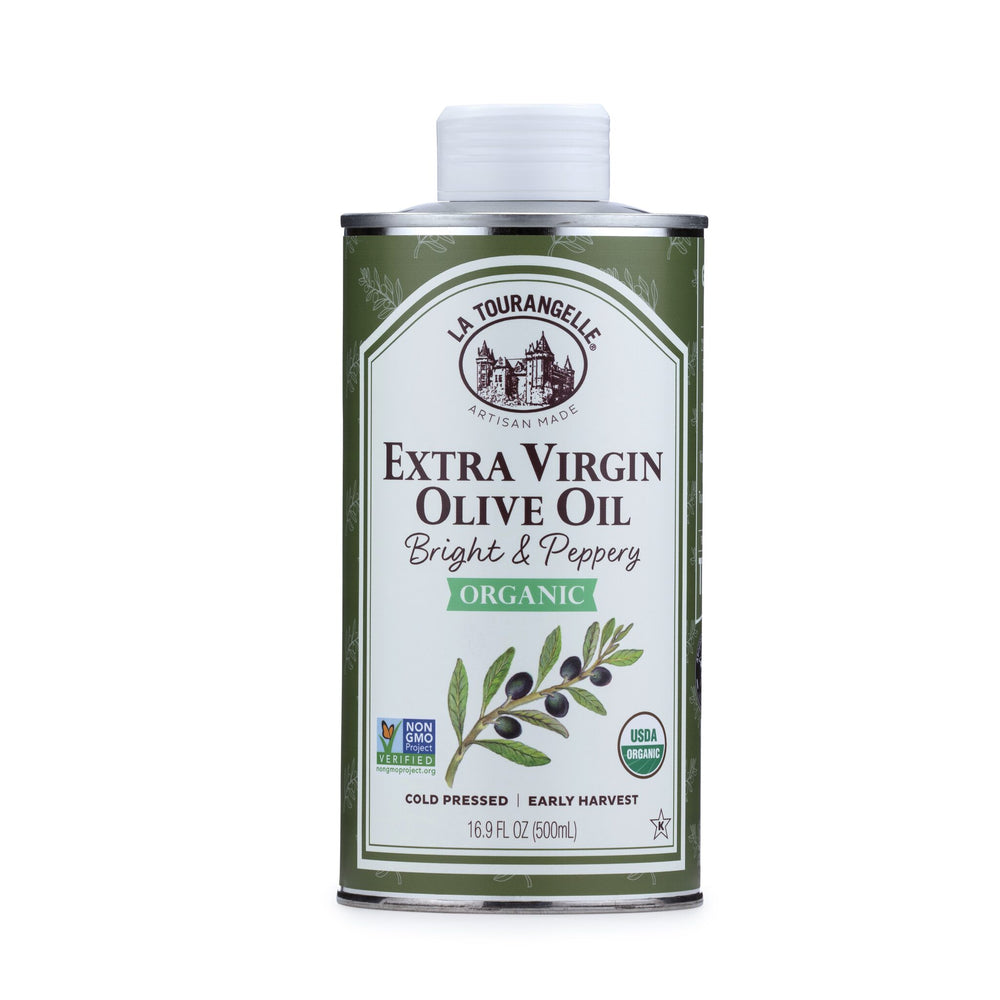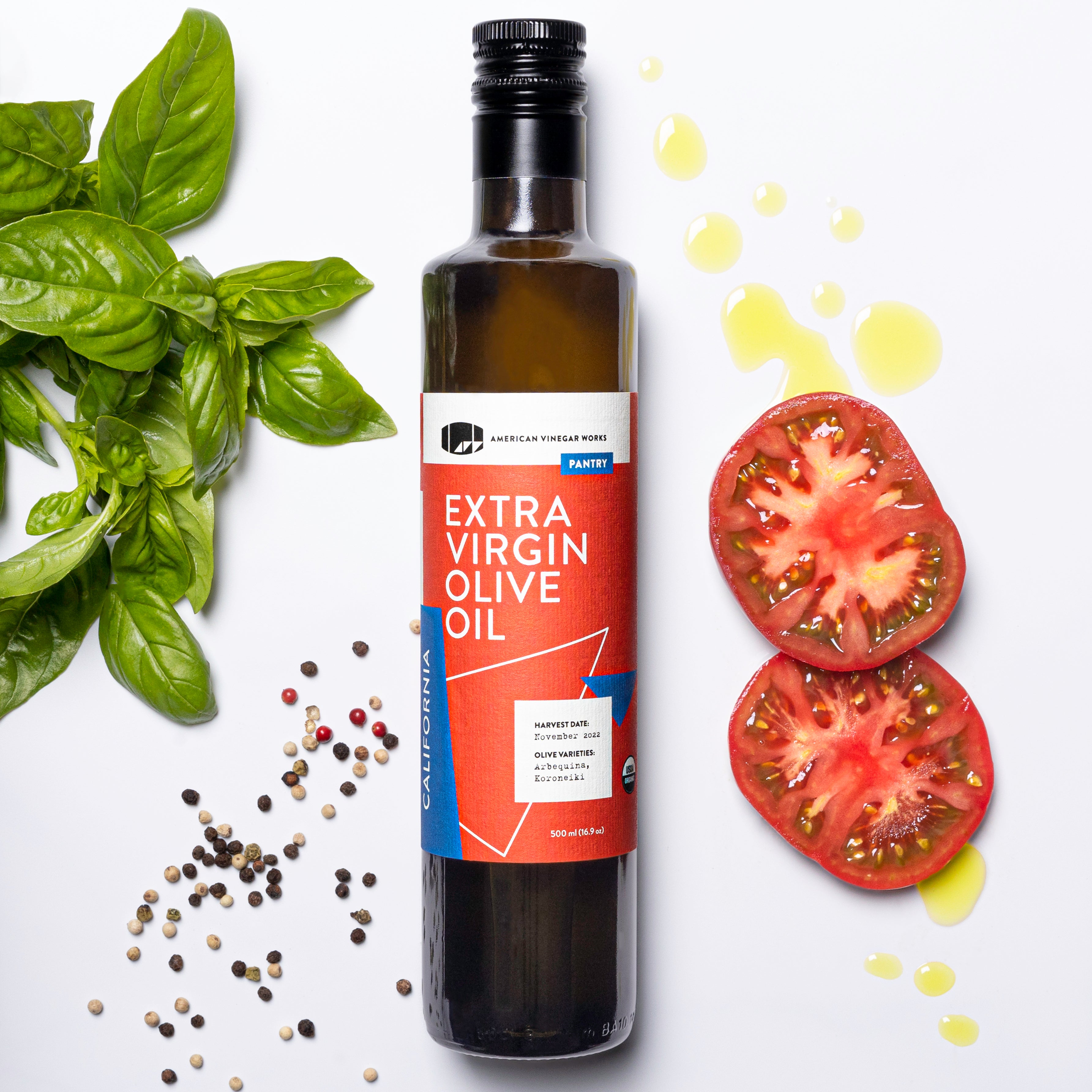Unlock the Hidden Extra Virgin Olive Oil Benefits for Weight Loss
Unlock the Hidden Extra Virgin Olive Oil Benefits for Weight Loss
Blog Article
Discovering the Various Kinds Of Olive Oil and Their Uses, Consisting Of Bonus Virgin Olive Oil
The exploration of olive oil encompasses a diverse range of types, each offering culinary applications and distinct flavors. Extra virgin olive oil, renowned for its exceptional high quality and health and wellness advantages, offers as a staple in numerous kitchens, yet it is only one element of this complex component.
What Is Olive Oil?
Originated from the fruit of the olive tree, olive oil is a staple in Mediterranean cuisine and a vital ingredient in various cooking applications. This flexible oil is produced by pushing entire olives, causing a fluid that differs in aroma, shade, and flavor depending on the sort of olives utilized, the area of cultivation, and the extraction process. Olive oil is predominantly made up of monounsaturated fats, especially oleic acid, which is known for its possible health and wellness advantages, consisting of anti-inflammatory residential or commercial properties and cardiovascular assistance.
Along with its cooking uses, olive oil has a lengthy background of application in standard medication and skincare, owing to its abundant antioxidant material (extra virgin olive oil benefits). The oil is frequently used in dressings, marinades, and for cooking techniques such as sautéing and roasting. Its unique flavor profile can boost the preference of various dishes, making it a vital active ingredient for both home chefs and professional chefs
Furthermore, olive oil is celebrated for its duty in the Mediterranean diet, which is related to various health and wellness benefits. As understanding of these benefits grows, olive oil continues to obtain popularity worldwide as a fundamental element of a healthy and balanced way of living.
Sorts Of Olive Oil
Understanding the various sorts of olive oil is essential for both health-conscious consumers and culinary fanatics. Olive oil is identified primarily based on its extraction method and quality, which significantly affects its scent, health, and taste advantages.

Light olive oil, in spite of its name, describes a lighter flavor and not lower calories. It is suitable for those seeking an extra refined preference in marinades and dressings. In addition, there are flavored olive oils infused with natural herbs, seasonings, or citrus, which can boost recipes without the requirement for extra flavoring.
Each kind of olive oil offers certain culinary objectives, and comprehending these differences permits consumers to make educated selections that line up with their cooking designs and health and wellness goals.
Extra Virgin Olive Oil
Bonus virgin olive oil (EVOO) is commonly concerned as the highest possible high quality olive oil offered, well known for its rich taste and various wellness benefits. To be classified as additional virgin, the oil has to be generated from fresh olives utilizing mechanical processes, without making use of solvents or too much warm. This careful approach protects the oil's natural flavors, antioxidants, and healthy fats, leading to a product with a low level of acidity level of less than 0.8%.
EVOO is abundant in reference monounsaturated fats, especially oleic acid, which is connected to reduced inflammation and improved heart health. It additionally consists of polyphenols, powerful anti-oxidants that might use protective results against persistent illness. The flavor profile of EVOO can differ considerably depending on the olive variety and area of manufacturing, ranging from verdant and fruity to durable and sharp.

Culinary Use Olive Oil

In food preparation, olive oil can be made use my blog of for sautéing, roasting, and cooking, supplying a much healthier choice to butter or various other fats. Its high smoke factor makes it ideal for numerous cooking techniques, while its antioxidants add to a heart-healthy diet plan. Drizzling olive oil over finished meals, such as pasta, fish, or barbequed veggies, can boost flavors and add a touch of beauty.
Moreover, olive oil plays a considerable role in baking, where it can change traditional fats in dishes for bread and breads, giving wetness and a subtle taste. It additionally functions as a base for infused oils, permitting cooks to trying out tastes such as garlic, natural herbs, or chili, even more expanding its culinary potential. On the whole, olive oil's flexibility makes it crucial in both home and expert kitchens.
Finding Quality Olive Oil
When selecting top quality olive oil, it's necessary to take into consideration a number of crucial factors that affect the product's fragrance, taste, and health advantages. First and primary, decide for added virgin olive oil (EVOO), which is originated from the initial cool pushing of olives and includes the highest degree of anti-oxidants and beneficial substances. Look blog here for oils that are accredited by identified companies, as this commonly guarantees adherence to strict quality requirements.
The product packaging additionally plays a significant function in protecting the oil's honesty. Select oils kept in dark glass containers or tins to protect against light destruction. Pay focus to the harvest day; fresher oils supply exceptional taste and nutritional value, so choose items that are within 18 months of their harvest.
Furthermore, take into consideration the beginning of the oil. Top notch olive oils frequently come from certain regions recognized for their unique flavor profiles, such as Italian, Spanish, or Greek oils. Finally, understand the preference; a top quality olive oil need to have an equilibrium of fruity, bitter, and peppery notes, indicating its splendor and complexity. By reviewing these elements, you can guarantee you are picking the best olive oil for your cooking requirements.
Verdict
In recap, the expedition of numerous kinds of olive oil reveals unique features and applications, with extra virgin olive oil standing for the pinnacle of top quality due to its reduced level of acidity and high antioxidant web content. Understanding the various ranges of olive oil allows for notified options in cooking methods, promoting healthier techniques while enhancing the general gastronomic experience.
Obtained from the fruit of the olive tree, olive oil is a staple in Mediterranean food and an essential ingredient in different culinary applications.The most usual types of olive oil consist of fine-tuned olive oil, pure olive oil, and light olive oil.Additional virgin olive oil (EVOO) is commonly pertained to as the highest top quality olive oil available, celebrated for its rich flavor and many health benefits. Decide for extra virgin olive oil (EVOO), which is acquired from the initial chilly pushing of olives and includes the highest degrees of antioxidants and advantageous compounds.In summary, the exploration of different types of olive oil discloses distinctive qualities and applications, with added virgin olive oil representing the pinnacle of top quality due to its reduced level of acidity and high antioxidant content.
Report this page